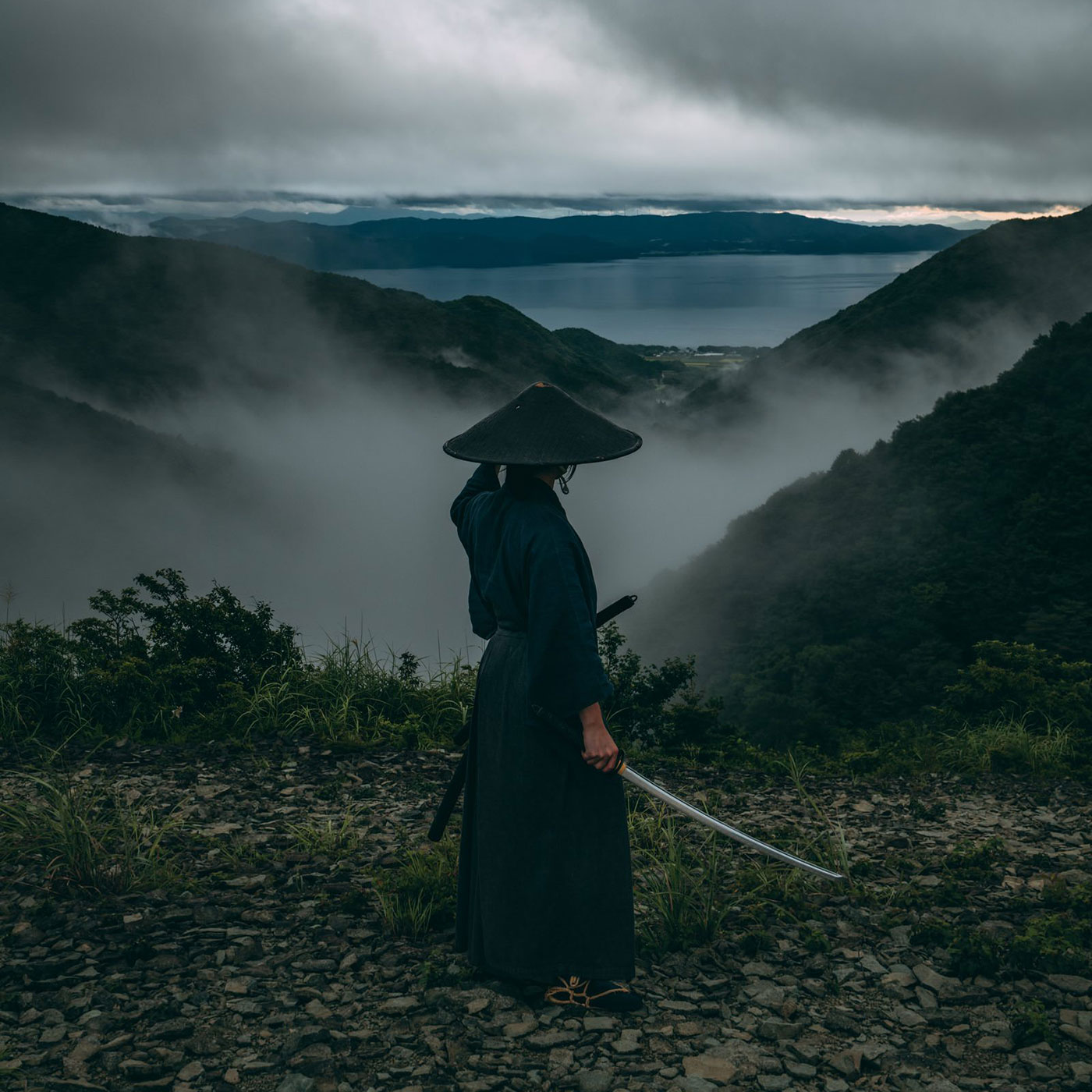Samurai in the Sengoku period and those in the Edo period were quite different. While samurai have always been known for their manners and loyalty, the Sengoku period was an era when everyone fought to become the strongest in the land. In contrast, the Edo period that followed the unification of Japan was peaceful, with no major wars.
What we want the world to know about is the samurai of the Edo period. So we’d like to briefly introduce the history of the samurai.
Sengoku Era: A World of War
During Japan’s Sengoku period (1467–1603), power and violence decided everything. Samurai fought nonstop to defeat their enemies and take control of the country. In those chaotic Sengoku era, ideals had no place. It was a matter of kill or be killed.
In 1590, Toyotomi Hideyoshi managed to unify Japan, but after his death in 1598, war broke out again. It wasn’t until Tokugawa Ieyasu won the Battle of Sekigahara in 1600 that true peace began.
Edo Era: Order and Honor
After Tokugawa Ieyasu unified Japan, the Edo period (1603–1868) began. The country entered a long era of peace, and samurai no longer went to war. They became enforcers of order and protectors of towns, much like police officers.
shi-no-ko-sho
To keep peace and build a stable society, the Tokugawa Ieyasu created a strict class system called shi-no-ko-sho — samurai, farmers, artisans, and merchants. Each class had its own role and status. Samurai were at the top, followed by farmers, then artisans, and merchants at the bottom.
The role of the samurai changed greatly. They became responsible for maintaining social order and teaching moral behavior. You can think of them as a mix of police officers, government workers, and ethics teachers. To support this, the Tokugawa shogunate introduced a reward system based on loyalty and good behavior.
The samurai’s sword was no longer just a weapon. It became a symbol of their honor, social status, and even their life. The government expected samurai to set a moral example for others.
Confucianism
They studied Neo-Confucianism, a philosophy known as Shushigaku in Japanese. Samurai who served their lords faithfully and lived honorable lives could be promoted. This philosophy focused on values such as:
- Loyalty
- Respect for parents
- Courtesy, discipline, and proper etiquette
By internalizing these principles, samurai became living role models.
Over more than 250 years of relative peace and isolation (sakoku), Japan developed certain national characteristics—like thinking long-term and valuing patience—that likely stem from these times.
A State Ruled by Ideals
The Tokugawa shogunate didn’t rely on brute force to govern—it relied on shaping minds. At the core of this governance was Neo‑Confucianism, which taught:
- Unwavering loyalty to one’s lord
- Rational thought over emotion
- Self-cultivation as the path to social harmony
This “ideological governance” sustained peace for centuries—until, inevitably, corruption, privilege, and stagnation set in.
In Conclusion: The Essence of the Edo Samurai
- Loyalty and honor as way of life
- Living by ideals, not fighting
- Wearing the sword as a symbol, not for war
- Upholding dignity and moral example in daily life
- Training every day—not to kill, but to be ready when emergency calls
This, I believe, is the true spirit of the Edo samurai—refined not by war, but by peace.
Why not try a taste of that Bushido spirit? We offer a samurai experience right here in Tokyo.

Leave a Reply